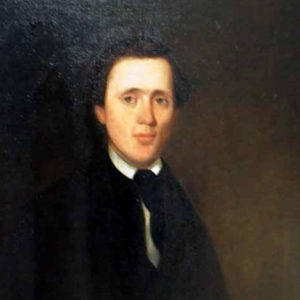 Fent Noland
Fent Noland
Gender: Male
 Fent Noland
Fent Noland
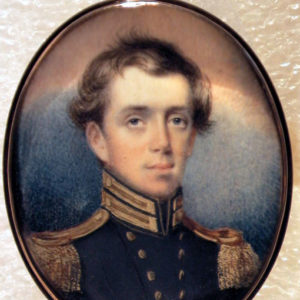 Fent Noland
Fent Noland
 Smokie Norful
Smokie Norful
Norful, Smokie
aka: Willie Ray Norful Jr.
Norman, Will (Lynching of)
Norrell, William Frank
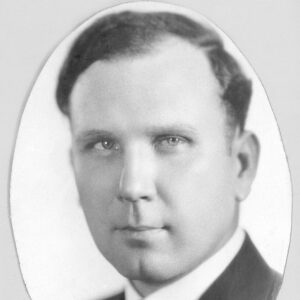 William Frank Norrell
William Frank Norrell
Norris, Walter
Northern Arkansas, Scout in
 Ernest Northrup
Ernest Northrup
Northwest Arkansas Naturals
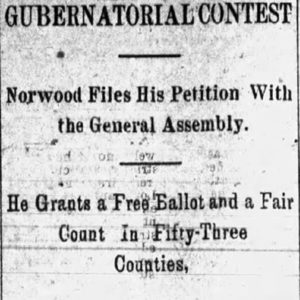 Charles Norwood Article
Charles Norwood Article
Norwood, Charles M.
Norwood, Robert (Lynching of)
Notrebe, Frederick
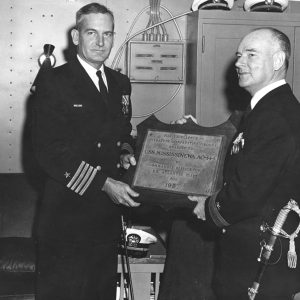 Ira H. Nunn
Ira H. Nunn
Nunn, Ira Hudson (1901–1990)
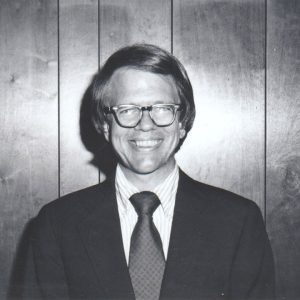 Walter Nunn
Walter Nunn
Nunn, Walter Harris
Nuttall, Thomas
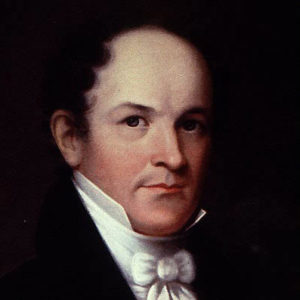 Thomas Nuttall
Thomas Nuttall
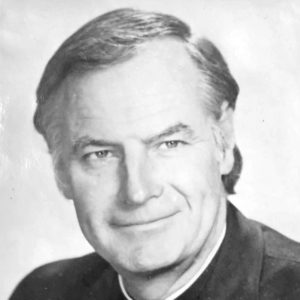 John F. O'Donnell
John F. O'Donnell
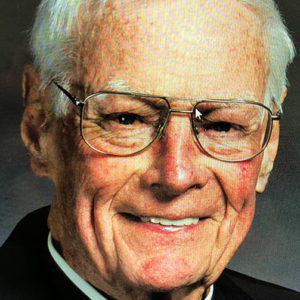 John F. O'Donnell
John F. O'Donnell
O’Donnell, John F.
 John Oates
John Oates
Oats, Presley (Lynching of)
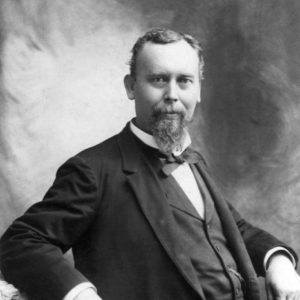 C. F. Obermeyer
C. F. Obermeyer
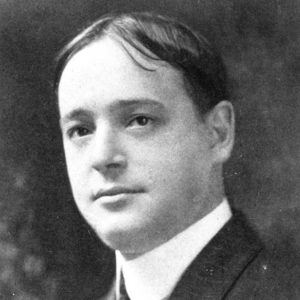 Mahlon D. Ogden Sr.
Mahlon D. Ogden Sr.
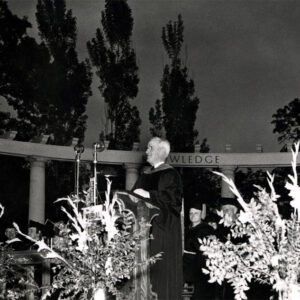 Dunbar H. Ogden
Dunbar H. Ogden
Ogden, Dunbar H., Jr.
Ogden, Mahlon Dickerson
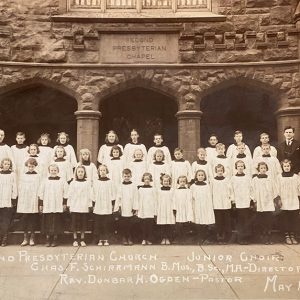 Rev. Ogden and Choir
Rev. Ogden and Choir
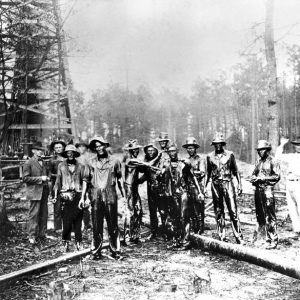 Oil Field Workers
Oil Field Workers
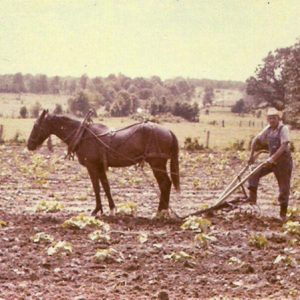 Oil Trough Bottoms
Oil Trough Bottoms
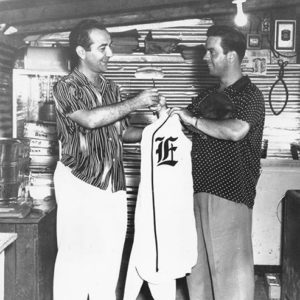 Oilers Owner Harry Brandt and Catcher Johnny Palazzini
Oilers Owner Harry Brandt and Catcher Johnny Palazzini
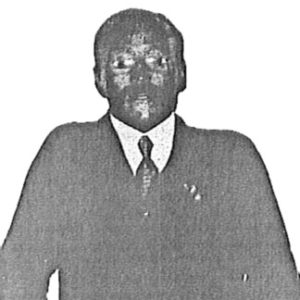 Old Mike
Old Mike
Old Mike
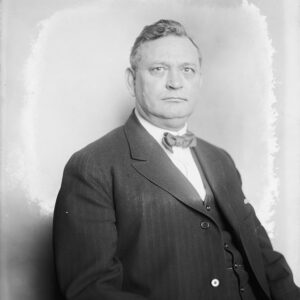 William A. Oldfield
William A. Oldfield
Oldfield, William Allan
Oldham, Williamson S.
 Colonel Robin Olds
Colonel Robin Olds
Oliver, Dan (Lynching of)
Oliver, M. E.
aka: Marvin Elmer Oliver
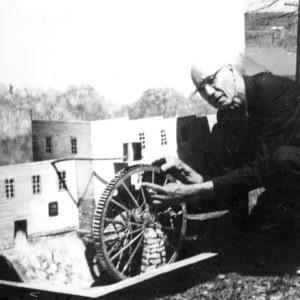 M. E. Oliver
M. E. Oliver
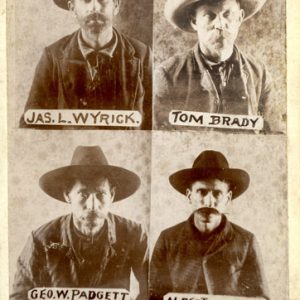 Olyphant Train Robbers
Olyphant Train Robbers
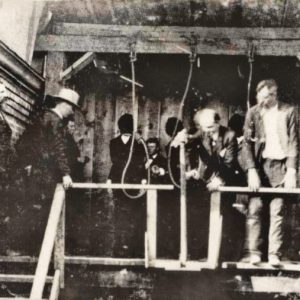 Olyphant Train Robbers Execution
Olyphant Train Robbers Execution
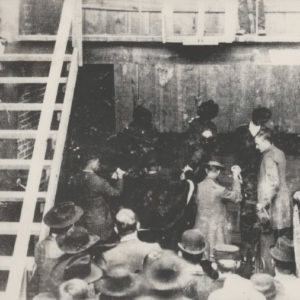 Olyphant Train Robbers Execution
Olyphant Train Robbers Execution
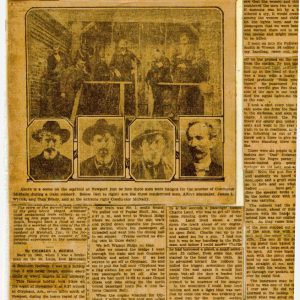 Olyphant Train Robbery Account
Olyphant Train Robbery Account
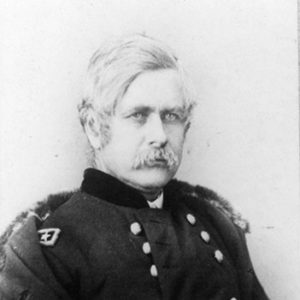 Edward Ord
Edward Ord




